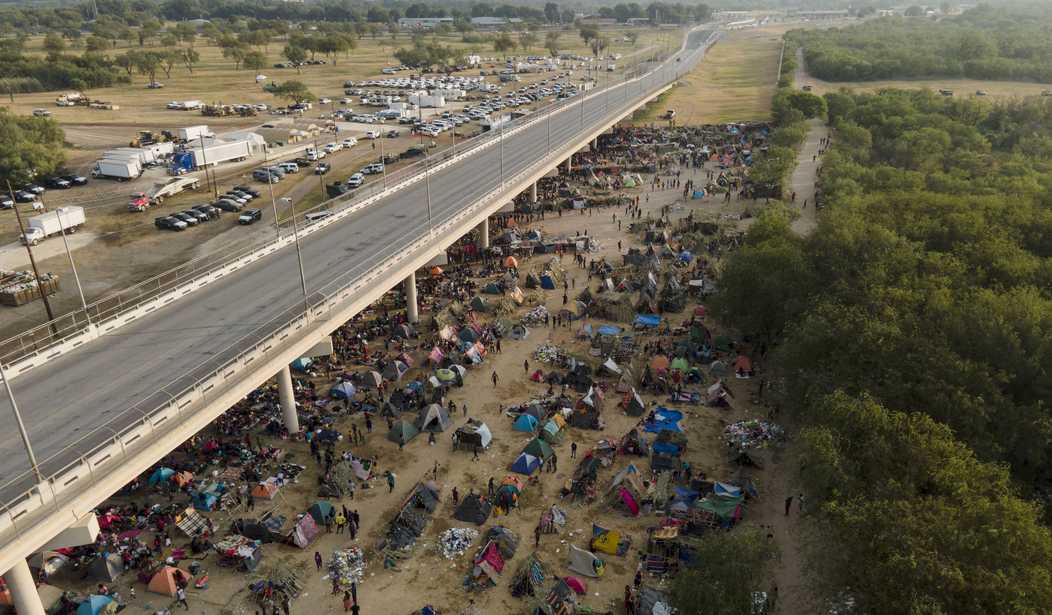Joe Biden sent two senior U.S. diplomats to Haiti this week to meet with Haitian government officials and representatives of Cuba to discuss issues of mutual concern — specifically the aftermath of the coup and the exodus of Haitians, which are both impacting the region.
Brian Nichols, President Joe Biden’s assistant secretary of state for Western Hemisphere affairs, and Juan Gonzalez, National Security Council senior director, arrived in Port-au-Prince Thursday. They said they plan to involve the Haitian ex-pat community as well as Haitian Americans in discussions. “We want to make sure that we have a people-centric foreign policy,” said Nichols.
But their primary mission in going to Haiti was to find a way to head off the mass exodus of Haitians to other nations — mostly the United States — because of the political unrest and failing economy.
The Biden administration has said migrants will continue to be expelled under the Title 42 public health rule, with expulsion flights to Haiti returning more than 2,000 people. Last week, Homeland Security Secretary Alejandro Mayorkas said federal authorities would evaluate 5,000 more cases for possible expulsion, noting the Biden administration looked at the conditions in Haiti and assessed the country could receive deportees despite the humanitarian crises.
The decision has drawn outcry amid the humanitarian and political crises inside the country.
U.S. officials said they hoped to reassure Haiti’s government and civil society leaders the United States would provide its support. But Washington is also calling for accountability.
Accountability would be wonderful except there’s barely a government in Haiti to be accountable to anyone. There’s also a problem in trying to figure out exactly what Joe Biden’s policy is. Other nations are confused by the aides calling for “inclusion” and a “people-centric foreign policy.”
“It’s an open question mark, what U.S. policy is today,” Dominican Foreign Minister Roberto Alvarez told the Miami Herald before a meeting with Secretary of State Antony Blinken Tuesday.
Dominican President Luis Abinader told the United Nations General Assembly last week that Haiti’s political struggle, armed gangs, and poverty would lead to “regional insecurity.”
He also urged outside support to stabilize the country so “that free, fair elections, inclusive and reliable, can take place.”
The visit by U.S. diplomats follows the resignation of former Special Envoy Daniel Foote, Biden’s point-person to Haiti, who charged last week in a blistering letter that the administration’s actions had proven “counterproductive” and “inhumane.”
So, confusion and chaos — about what we’ve come to expect from the Biden administration.
The U.S. Coast Guard has regularly been turning away boatloads of Haitians trying to come to America via the ocean. So Haitians have taken the far riskier route from Columbia, through the jungles of Panama, then through Central America and Mexico to the U.S. border.
The Panamanian foreign minister is warning the United States that up to 60,000 more Haitians are making that journey and virtually all of them will end up at the U.S. border. The Biden administration can’t do anything about them. But whatever they can do to stem the flow of refugees, they will try.
They don’t want more images of refugees under a bridge to rile the people and force them to demand action.










Join the conversation as a VIP Member